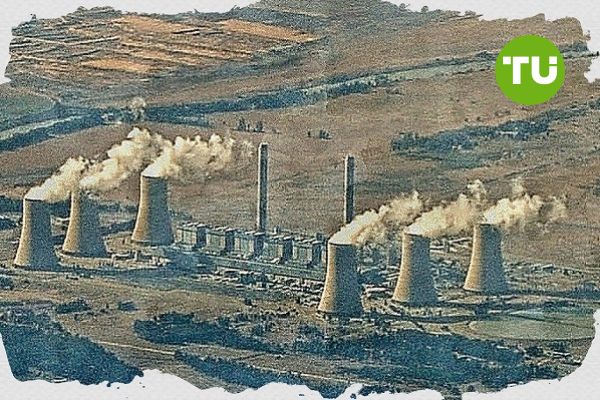South Africans to pay R40 billion over Eskom tariff blunders
 Court Settlement forces consumers to repay Eskom for undercharging
Court Settlement forces consumers to repay Eskom for undercharging
South African electricity consumers will pay at least R40 billion ($2.24 billion) due to years of tariff miscalculations by the national energy regulator, Nersa, in favor of the state-owned power utility Eskom.
Eskom and Nersa have reached a settlement over several court cases Eskom won, and are set to sign an agreement for compensation.The settlement covers undercharged tariffs between 2014 and 2021, where electricity was sold below cost, and Nersa is required to refund Eskom.
The R40 billion estimate may rise, as Eskom has filed an additional court application challenging Nersa’s latest revenue and tariff decisions for the current and next two fiscal years.
Eskom had requested a 36.15% increase in 2025/26, 11.81% in 2026/27, and 9.1% in 2027/28. However, Nersa approved only a 12.74% increase for 2025/26, effective from April 1, 2025, and even lower hikes of 5.36% and 6.19% for the subsequent years.
Eskom has now applied to the court to review and overturn these decisions.
Declining consumption and tariff disputes
For years, Nersa has miscalculated Eskom’s allowed revenue and tariff rates. Eskom consistently pushed for higher tariffs, citing falling electricity demand and underfunding, while the state kept increases minimal, resulting in underinvestment and poor maintenance of critical infrastructure.
To stay afloat, Eskom now recovers losses by charging premium fees and forcing customers to buy extra equipment. This has pushed many wealthier customers to install rooftop solar systems and disconnect from the national grid.
According to Eskom’s latest annual report, electricity sales dropped by 3% year-on-year and have steadily declined over the past decade—from 219,979 GWh in 2015/16 to 183,311 GWh in 2023/24—a nearly 37,000 GWh drop.
Energy analyst and EE Business Intelligence MD Chris Yelland says this shift is logical.
“Imagine someone paid R150,000 for solar panels, and now Eskom says, ‘You owe us another R30,000,’” Yelland said.
Customers are faced with a choice: pay for permits and extra equipment or use the money to fully upgrade to an off-grid system. Many are choosing independence.
Yelland warned that this strategy could hurt low-income South Africans. He believes Eskom’s approach is misguided because retaining wealthy customers on the grid is essential to subsidize poorer ones.
As we wrote, 733,000 license cards delayed, South Africa plans fresh tender













































































































































